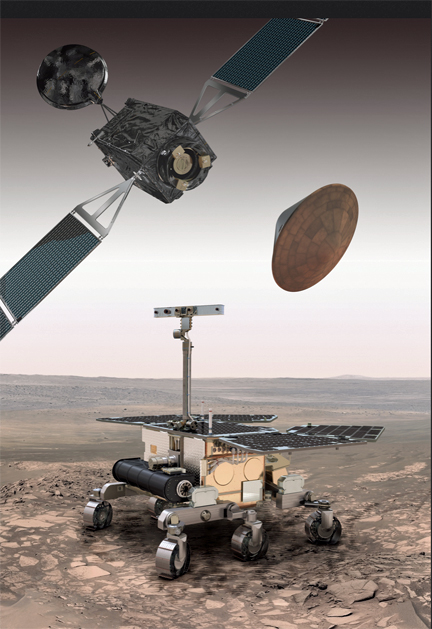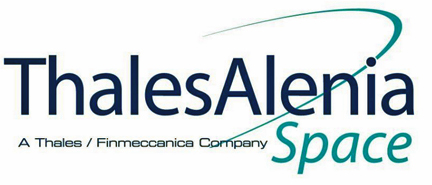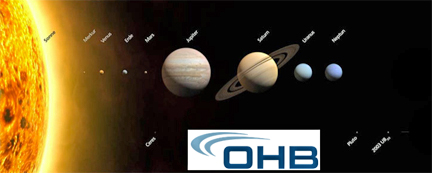[SatNews] Thales Alenia Space Belgium, the Belgian subsidiary of Thales Alenia Space, was selected by OHB to supply electronics for the ExoMars 2018 mission to explore Mars.
Thales Alenia Space Italy is prime contractor for ExoMars 2018, a program created as a joint effort of the European Space Agency ESA) and the Russian space agency Roscosmos. Its aim is to study the surface and sub-surface of the planet Mars using a rover that will land on the surface. Thales Alenia Space's Belgian subsidiary is the company's center of expertise in onboard power electronics. It will take an active role in this mission by delivering to OHB electronic equipment that will supply power to various systems on the European Carrier Module (CM). OHB had already been chosen by Thales Alenia Space Italy to design the CM.

European-led elements of the ExoMars programme, including 2016’s Trace Gas Orbiter and Schiaparelli Landing Module, as well as the 2018 Rover with the Pasteur Payload.
Image courtesy of ESA.
Thales Alenia Space Belgium will design and manufacture the power conditioning & distribution unit, or PCDU. Its main function is electrical power distribution on the CM, using power from two different sources: the photovoltaic solar arrays, and batteries that take over during periods of solar eclipse. Information from the orbiter will be transmitted to Earth via the electronic power conditioners (EPC) made by Thales Alenia Space Belgium. They are connected to traveling wave tubes (TWT), forming the craft's radio-frequency (RF) transmitters.
Executive Comment
"OHB chose us already to provide the PCDU (Power Control Distribution Unit). In addition, we are in negotiation for the Remote Terminal Unit (RTU), intended for scientific and government missions such as ExoMars 2018," said Patrick Bury, Vice President, Sales, Marketing and Programs at Thales Alenia Space Belgium. "This latest device will be developed in conjunction with QinetiQ Space, and with financial support from the Belgian space agency. It will be one of the first systems to include a digital programmable controller, or DPC, a real breakthrough in the space sector. The DPC is a hybrid ASIC [application specific integrated circuit], both digital and analog, which includes three microprocessors. It will ensure more flexible implementation in our RTU."



